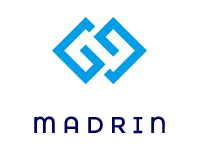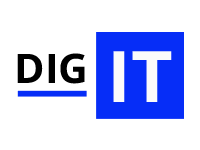CHOOSE THE PERFECT PLAN
Et harum quidem rerum facilis est et expedita distinctio. Nam libero tempore, cum soluta nobis est eligendi optio cumque nihil impedit quo minus id quod maxime placeat facere possimus.
Starter
₹
5,499
/-
- 1 Trademark Free Search
- Trademark Class Search
- Trademark Application in 1 Class
- .
- .
- .
Applicable for Individual, Proprietorship and all Other Businesses (Already MSME Regd.)
Master
₹
6,999
/
-
- 5 Trademark Search
- Trademark Class Search
- Trademark Application in 1 Class
- MSME Udyog Aadhaar Registration
- Free Unlimited Advisory
- .
Applicable for Individual, Proprietorship and All Other Businesses (MSME Registration by us)
Grand
₹
9,000
/
-
- 10 Trademark Free Search
- Unlimited Trademark Class Search
- Trademark Application in 1 Class
- MSME Udyog Aadhaar Registration
- Reply of First Examination Report
- 24x7 Premium Support
Applicable for Individual, Proprietorship and All Other Businesses (MSME Registration by us)
















